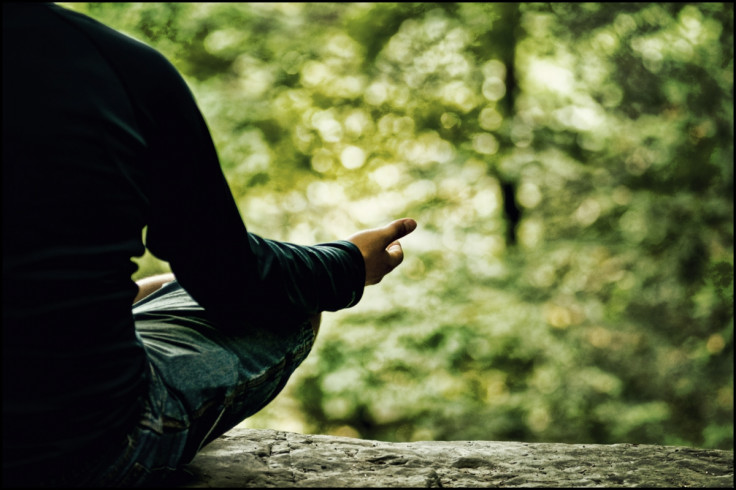Daily Meditation as Effective for Depression and Anxiety as Antidepressants

Meditating for just half-an-hour every day can be as effective as antidepressants for improving the symptoms of depression and anxiety.
Researchers at the Johns Hopkins University School of Medicine found that daily meditation is particularly effective for people who do not have "full-blown" anxiety or depression.
The researchers found that "mindfulness meditation", a form of Buddhist self-awareness that helps people to focus precisely and nonjudgmentally on the moment at hand, also helped to alleviate pain symptoms and stress.
Madhav Goyal, lead author of the study, said: "A lot of people use meditation, but it's not a practice considered part of mainstream medical therapy for anything. But in our study, meditation appeared to provide as much relief from some anxiety and depression symptoms as what other studies have found from antidepressants."
Researchers focused on 47 clinical trials including over 3,500 patients that involved meditation and various mental and physical health problems, such as depression, anxiety, stress, insomnia, diabetes, cancer and chronic pain.
Findings showed people suffering from anxiety, depression and pain had moderate improvement after an eight-week training programme in meditation.
In studies where participants were followed for six months, symptoms continued to improve. The biggest benefits were seen when meditation was practiced for between 30 and 40 minutes per day.

The researchers found that the positive effects held even when taking into account the placebo effect, where participants received no active treatment but believe they are.
Previously, studies have shown that practicing yoga, which involves meditation, helps improve symptoms of depression, sleep complaints, ADHD and schizophrenia.
A review of 16 studies by Duke University Medical Centre found yoga influences elements in the body in a similar way that antidepressants and psychotherapy influence mental health.
Goyal said that meditation has a long history in Eastern tradition and has been becoming increasingly popular in Western culture over the last three decades.
"A lot of people have this idea that meditation means sitting down and doing nothing," he said. "But that's not true. Meditation is an active training of the mind to increase awareness, and different meditation programs approach this in different ways.
"Meditation programs appear to have an effect above and beyond the placebo."
© Copyright IBTimes 2024. All rights reserved.









